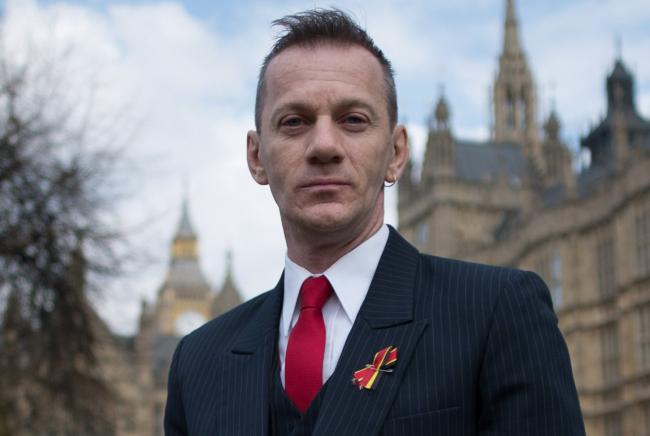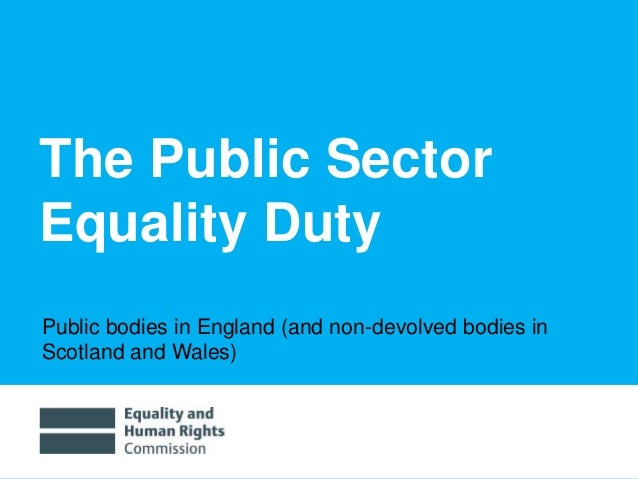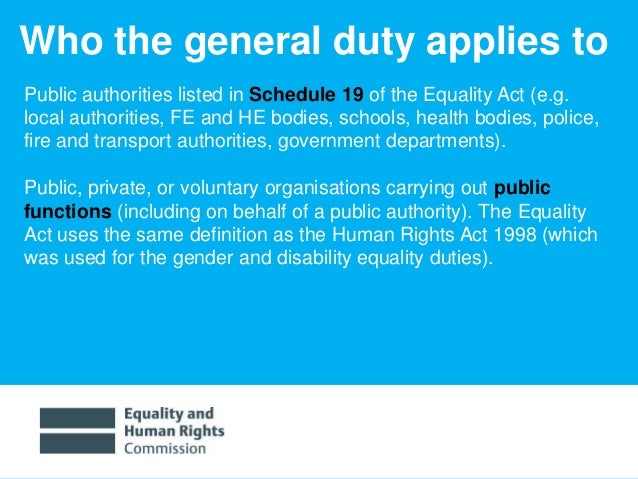Haemosexual Updates: Public Inquiry into the Tainted Blood Scandal
Haemosexual Updates
Public Inquiry into the Tainted Blood Scandal

Mark Ward, Founder of Haemosexual & Haemosexual Australia
As the public inquiry into the contaminated blood scandal progresses, a personal commentary, updates and Inquiry information from Mark Ward will be published, along with his and other victims reactions.
Accompanying videos will also be available on the Haemosexual YouTube Channel.
Further details on the preliminary hearings
18 September 2018
Today the Infected Blood Inquiry has published further details on the preliminary hearings.
The programme for the three days has now been published, along with a fact-sheet with details including times for registration, the nature of the commemoration, and psychological support for people following the preliminary hearings.
Preliminary-hearings-factsheet
Infected-Blood-Inquiry-Preliminary-Hearings-Timetable
Sir Brian Langstaff commented:
“The preliminary hearings are an important moment for the Inquiry. Many of the people infected and their families have campaigned for the Inquiry for many years. They helped to shape the Inquiry’s terms of reference. This is now their opportunity to tell me where they want the Inquiry to focus its investigative powers.
Continue Reading:
https://www.infectedbloodinquiry.org.uk/news/further-details-on-the-preliminary-hearings/
Friday 24th August 2018
Today marks a milestone in the countdown to the event of a lifetime for some and a day never to be seen by so many others.
One month to go until the official opening of the public inquiry into the contaminated blood scandal. It has taken more than three decades of campaigning and thousands of lives lost. Victims have witnessed the global trade in death for profits cause destruction of haemophilia communities across the globe as governments continue to ignore the sheer scale of suffering.
Here in the United Kingdom, the traumatic events which affected so many within the haemophilia community have faced years of degrading processes designed to cause maximum distress. Compounding the harm already inflicted we are forced to justify our existence over and over, constantly reliving the terror. Those who escaped infection rendered helpless as their families were torn apart. Mothers plunged to the depths of despair as their infants died in complete terror. Those responsible for putting lives in danger as well as fanning the flames of hate must shoulder some of the blame. Such cruelty and contempt for a small yet identifiable group of disabled people betrayed by those they put their complete trust in.
As the eyes of the world look on the British government continues to use its power attempting to silence the voices of those calling for answers. When the true horrors of this scandal begin to be unveiled the shock waves will be felt across the commonwealth and in every other country still denying their victims basic human rights, compassion and the right to life.
Further details related to the Public Inquiry can be found on the dedicated website. Simply click on the Inquiry logo or use the link below:
https://www.infectedbloodinquiry.org.uk/
2nd July 2018
The day so many have campaigned for over several decades began in London at a meeting with the inquiry team. Along with me, those invited to attend included campaign groups, victims, family members, legal representatives and I very much felt I was among friends. Although you will never have complete harmony my approach to this disaster has always been with humanity, understanding and compassion, today was no exception.
The Terms of Reference announced today were not changed or opposed in any way by the British Government’s Cabinet Office.
With my special interest to represent the Haemophilia and LGBT+ Community, I was truly moved when I read how fully inclusive this Inquiry will be. This sentiment is reflected in the communications to those infected, affected and official bodies, including HM Government.
In his letter of 7th June 2018, to the Rt Hon. David Liddington, Minister for the Cabinet Office and Chancellor of the Duchy of Lancaster, Sir Brian Langstaff stated:
Proposed approach to the Inquiry
I am aiming for an inclusive and transparent Inquiry that completes its work as soon as reasonable thoroughness will permit. I have regard to the Public Sector Equality Duty and I have also reviewed the Charter for Families Bereaved through Public Tragedy proposed by the Right Reverend James Jones.
The Public Sector Equality Duty requires the Inquiry, in the exercise of its functions, to have due regard to the need to:
- remove or minimise disadvantages suffered by people due to their protected characteristics;
- take steps to meet the needs of people from protected groups where these are different from the needs of other people; and
- encourage people from protected groups to participate in public life or other activities where their participation is disproportionately low.
I propose to achieve these aims of inclusiveness and transparency in two ways. Firstly, my team will engage with those affected throughout the Inquiry, including through regular meetings across the UK. They are consulting people about how they would like to engage with the Inquiry so that we design approaches that work for the diverse range of people affected including those with protected characteristics.
To continue reading the letter in its entirety, please see below:
Further information about the Public Sector Equality Duty can be found at the bottom of this page.
Invitation to share your experience with the Inquiry
The experiences of people infected and/or affected are a vital part of the evidence for the Inquiry.
We are inviting you to complete a short form by 20 July telling the Inquiry how you would like to provide evidence.
We are asking you to complete this form so that we know how many people are interested in providing a written statement, giving evidence at a public hearing or providing their story in some other way.
We are not asking you to provide a written statement now. After we analyse the information on the forms, we will contact you (or your legal representative) with further information.
If you or someone you know needs help to complete the form please contact the Inquiry at witness.support@infectedbloodinquiry.org.uk or freephone 0808 169 1377 and a member of the Inquiry team will be pleased to help.
Terms of Reference published: Inquiry underway
Today the Government accepted the Terms of Reference recommended by Sir Brian Langstaff, Chair of the Infected Blood Inquiry. This marks the formal start of the Inquiry.
Sir Brian Langstaff, Chair of the Inquiry said,
“What is difficult to comprehend is the sheer scale of what happened. The numbers of people, both adults and children, from all walks of life who were infected by Hepatitis viruses, or HIV, from clotting factor or transfused blood runs into thousands. At least as many more – including partners, children, parents, families, friends or carers – have been affected.
“This may have happened principally in the 1970s and 1980s, but the consequences persist today with people continuing to feel the mental, physical, social, work-related and financial effects.
“Many of the people infected and their families have battled for years to understand what happened and how they have been treated since. I aim to put the people who have been infected and affected at the heart of this Inquiry. I am determined to get to the truth and where necessary will use the Inquiry’s power to compel witnesses to explain their actions.
“I urge people with knowledge or personal experience who believe they can help the Inquiry to come forward now, and not leave it to others to do so.”
If you have any questions about the Inquiry, you will find details of how to get in touch with the team on our contact page.
Public Sector Equality Duty
The equality duty was developed in order to harmonise the equality duties and to extend it across the protected characteristics. It consists of a general equality duty, supported by specific duties which are imposed by secondary legislation. In summary, those subject to the equality duty must, in the exercise of their functions, have due regard to the need to:
- Eliminate unlawful discrimination, harassment and victimisation and other conduct prohibited by the Act.
- Advance equality of opportunity between people who share a protected characteristic and those who do not.
- Foster good relations between people who share a protected characteristic and those who do not.
These are sometimes referred to as the three aims or arms of the general equality duty. The Act explains that having due regard for advancing equality involves:
- Removing or minimising disadvantages suffered by people due to their protected characteristics.
- Taking steps to meet the needs of people from protected groups where these are different from the needs of other people.
- Encouraging people from protected groups to participate in public life or in other activities where their participation is disproportionately low.
The Act states that meeting different needs involves taking steps to take account of disabled people’s disabilities. It describes fostering good relations as tackling prejudice and promoting understanding between people from different groups. It states that compliance with the duty may involve treating some people more favourably than others.
The equality duty covers the nine protected characteristics: age, disability, gender reassignment, pregnancy and maternity, race, religion or belief, sex and sexual orientation. Public authorities also need to have due regard to the need to eliminate unlawful discrimination against someone because of their marriage or civil partnership status. This means that the first aim of the duty applies to this characteristic but that the other aims (advancing equality and fostering good relations) do not apply.
https://www.equalityhumanrights.com/en/advice-and-guidance/public-sector-equality-duty

You may also like to view the powerpoint presentation via the link below published by the Equality and Human Rights Commission:
equality_duty_presentation_for_website_january_2015
Further details related to the Public Inquiry can be found on the dedicated website. Simply click on the Inquiry logo or use the link below:
https://www.infectedbloodinquiry.org.uk/










